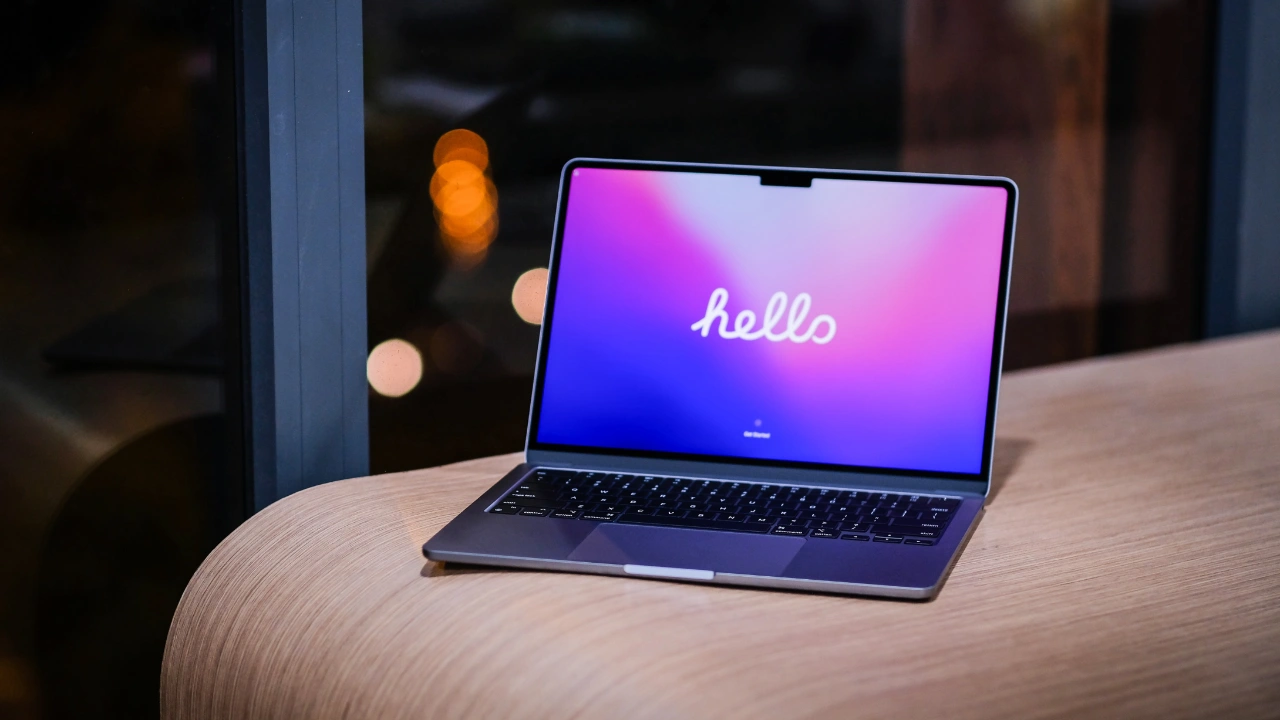
This guide is designed to show you how to speed up your MacBook Air, ton get the best performance from your device. Your MacBook Air is a powerful machine, but even the best computers can slow down over time. If your MacBook Air is feeling sluggish, there are a few things you can do to speed it up.
In this article, we’ll cover a variety of tips, from quick fixes to more in-depth solutions. We’ll also explain why your MacBook Air might be slowing down and what you can do to prevent it from happening in the future.
Why is your MacBook Air slowing down?
There are a number of reasons why your MacBook Air might be slowing down. Here are a few of the most common:
- Too many apps open: If you have too many apps open at the same time, your MacBook Air will have to divide its resources between them, which can slow things down.
- Unused apps: Even if you’re not actively using an app, it can still be running in the background and using resources.
- Full hard drive: If your hard drive is full, your MacBook Air will have to work harder to access files, which can slow things down.
- Outdated software: If you’re running old versions of macOS or your apps, they may not be optimized for your MacBook Air’s hardware, which can slow things down
- Hardware problems: If your MacBook Air is experiencing hardware problems, such as a faulty hard drive or fan, it can also slow things down.
How to speed up your MacBook Air
Here are a few things you can do to speed up your MacBook Air:
1. Restart your MacBook Air
Restarting your MacBook Air is a simple but effective way to speed it up. This clears out any temporary files or processes that may be slowing things down.
2. Close unused apps
If you have a lot of apps open, close any that you’re not using. This will free up resources that can be used by other apps.
3. Remove unused apps
If you have apps that you don’t use anymore, uninstall them. This will free up space on your hard drive and improve performance.
4. Update your software
Make sure that you’re running the latest versions of macOS and your apps. Software updates often include performance improvements.
5. Clean up your hard drive
If your hard drive is full, delete any unnecessary files. You can also use a disk cleaner app to remove junk files and temporary files.
6. Disable startup items
Some apps automatically start up when you turn on your MacBook Air. This can slow down your startup time and overall performance. To disable startup items, go to System Preferences > Users & Groups > Select your user account > Login Items.
7. Reset NVRAM and SMC
NVRAM (non-volatile random-access memory) and SMC (system management controller) are two chips in your MacBook Air that control various settings. Resetting these chips can sometimes fix performance problems.
To reset NVRAM, restart your MacBook Air and hold down the Command + Option + P + R keys until you hear the startup chime a second time.
To reset SMC, shut down your MacBook Air. Then, hold down the Shift + Control + Option keys and the power button for 10 seconds. Release all the keys at the same time. Then, wait a few seconds and turn on your MacBook Air.
8. Upgrade your hardware
If you’ve tried all of the above tips and your MacBook Air is still slow, you may need to upgrade your hardware. For example, you could upgrade your RAM or hard drive.
If you’re not sure how to upgrade your MacBook Air’s hardware, you can take it to an Apple Store or authorized Apple service provider.
Preventing your MacBook Air from slowing down
Here are a few tips to help prevent your MacBook Air from slowing down in the future:
- Keep your software up to date: Software updates often include performance improvements and security fixes.
- Clean up your hard drive regularly: Delete any unnecessary files and use a disk cleaner app to remove junk files and temporary files.
- Be careful about what apps you install: Only install apps from trusted sources.
- Avoid running too many apps at the same time: If you need to run multiple apps, try to close any that you’re not using.
- Restart your MacBook Air regularly: This will clear out any temporary files or processes that may be slowing things down.
If your MacBook Air is slowing down, there are a number of things you can do to speed it up. Try the tips in this article, such as restarting your MacBook Air, closing unused apps, removing unused apps, updating your software, cleaning up your hard drive, disabling startup items, resetting NVRAM and SMC, and upgrading your hardware.
By following these tips, you can help to keep your MacBook Air running smoothly and quickly for years to come. We hope that you find our guide on how to speed up your MacBook Air helpful, If you have any tips, comments, or questions, please leave a comment below and let us know.
Image Credit: Taan Huyn
Filed Under: Apple, Guides, Laptops
Latest timeswonderful Deals
Disclosure: Some of our articles include affiliate links. If you buy something through one of these links, timeswonderful may earn an affiliate commission. Learn about our Disclosure Policy.

